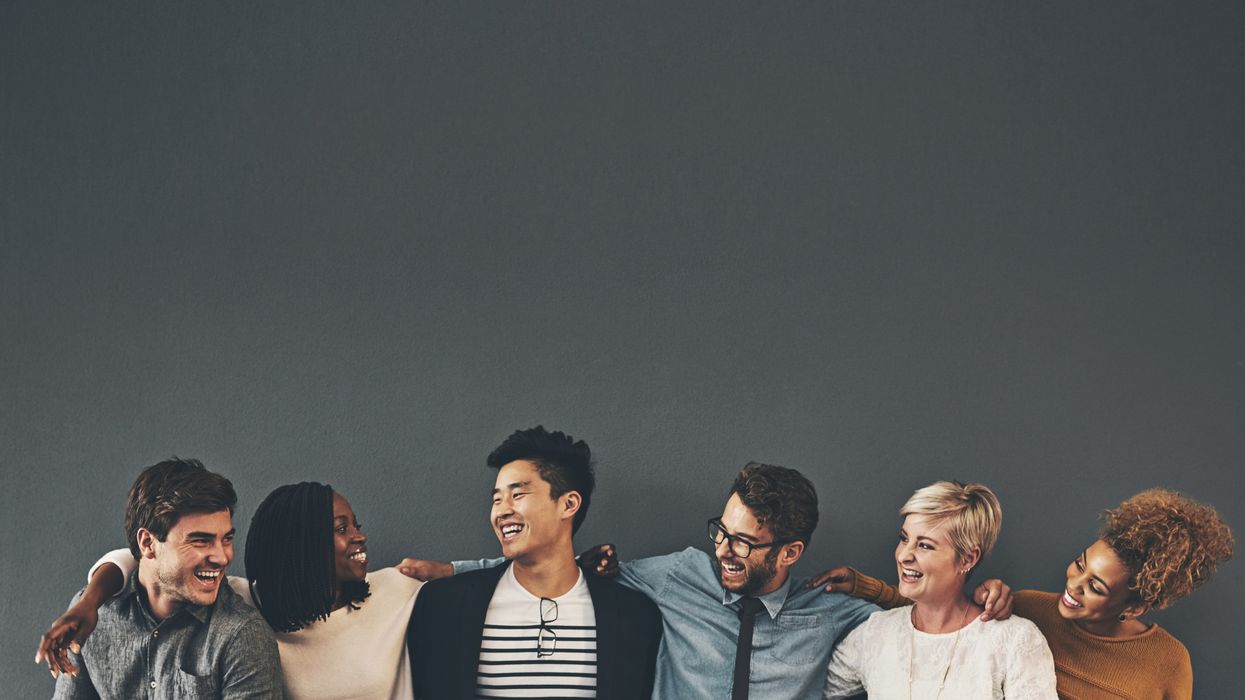After a year in investment banking and two years working for the new Serve America Movement political party, Hughes helped create and is now senior program director of Civics Unplugged. The nonprofit arranges training and funding for Generation Z's efforts to strengthen American democracy.
As a black reformer, I feel very lost right now.
I share in the passion and focus of many democracy reform colleagues when partisan squabbles arise around any prominent issue. I know there is a system in place that prevents us from reforming and moving forward. I know that there are hurdles and infrastructures promoted by both sides of the political spectrum that make it hard to get meaningful legislation passed. I have spent only three years in this space, but that has been enough time to know these things.
I am, however, painfully aware of being among only a few young, black voices in the democracy reform movement — and of rarely seeing race issues rise to prominence in the conversation about the failures of our democracy.
We need to make space for a conversation about how curbing gerrymandering, embracing different voting methods, reforming campaign finance laws and — most importantly – combatting our lack of focus on youth are all challenges inextricably tied to how this country does and does not deal with race.
As reformers, it only helps us to have the tough internal conversation in search of answering two questions. How is my movement or organization furthering the success of all groups of people? More importantly: How can I think more creatively and innovatively about how my specific reform will amplify the voices and address the problems of folks from all different kinds of backgrounds?
Let me be clear: I have seen amazing examples of this in the democracy reform space, and there is no shortage of open-minded and intellectual thinkers in this arena. However, the most promising voices that I have heard are being overlooked, underutilized and underfunded: the young.
My democracy reform work started when I was 23. So by no means do I claim to be an expert, or to have accomplished anything of incredible value. I just do this work because I am passionate about it and believe it's worth my time and energy.
During the previous few years, I was in a lot of different rooms where people engaged around a lot of different ideas. Rooms with presidential candidates, supporters of President Trump, progressive political organizers and activists, and many others. In almost every one of those rooms, I was the youngest person — not to mention the only person of color.
Last fall, I joined the leadership team of the new Civics Unplugged. Since then, and for the first time, I have almost always been one of the oldest people in the room — and never the only person of color. The discussions in these have been, by far, the most fruitful, creative, innovative and inclusive I've experienced about democracy reform.
Our efforts include a six-month program where a diverse group of 200 high-schoolers learn about systems thinking, personal development, democratic theory and community building. And what they lack in years these fellows are making up for with incredible intellectual depth, passion and drive.
Without prompting, my conversations with them about democracy reform have almost always included race among a wide variety of topics.
We owe it to ourselves to include the youngest voices in discussions about how to reform government, not only because they bring diverse viewpoints but also because they bring great ideas. I have watched them mobilize quickly to create viral content and get the attention of high-powered politicians within days – something that would have taken me weeks or months. I have seen groups of our fellows debate for hours the merits of various voting systems on different racial populations — just for the value of the debate.
The intellectual capacity of the young now going unharnessed is a large missed opportunity that I — at the ripe old age of 26 — am just beginning to realize. Most importantly, working with people in high school doesn't make me feel so alone as a black reformer. The issues that matter to me also matter to them, regardless of their racial and ethnic background.
My hope is every reformer colleague reading this piece includes young folks in your organizations, projects and decision making. We are fighting an uphill battle in this country, one requiring creativity and inclusivity, and young people are key to that balance.
Our fellows, and our summer internship matching program, can be a resource. As we grow, we're realizing how paramount it is to share and spread the wealth of knowledge and energy we have amassed from working with young people. None of our work matters if it isn't shared.
There are so many future democracy reformers among our fellows — of all backgrounds — and their energy is ready to be harnessed. Coupled with the tools, resources and relationships of established professionals, the future of this movement can be so bright.



















Trump & Hegseth gave Mark Kelly a huge 2028 gift